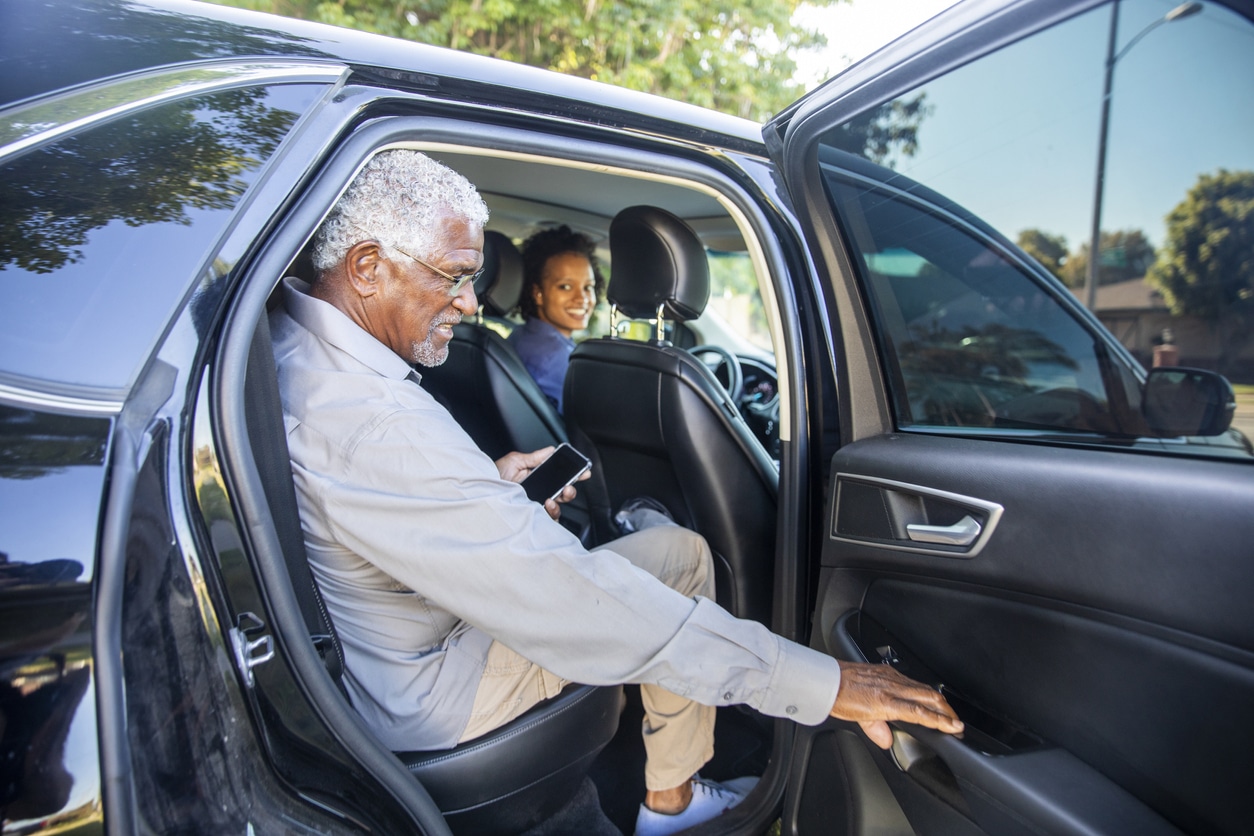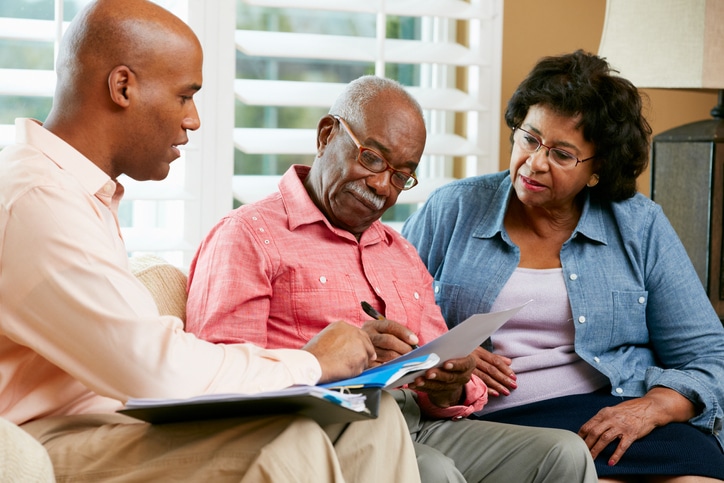Be aware of scams
There’s an old saying that goes “if it’s too good to be true, it probably is.” Sadly, this is the case with unsolicited offers of free medical alert devices you may be promised over the phone. Even worse, these calls may be part of a scam that seeks to capture your credit card number and other information. These scams are known as phishing scams, because the callers are fishing for your personal information.
Such a scam has been investigated in 2013 by two different federal agencies, and a number of state regulators, including the Department of Consumer Protection in Connecticut and the Minnesota Attorney General. The scam appears to have originated overseas. Using an automated dialing system, the scammers can place more than 10,000 calls each day.
Be wary of unsolicited phone calls
The scam begins with an unsolicited phone call. A prerecorded message will announce that you have received a free medical alert device. It will then ask for you to press “1″ or another number to claim the device. Sometimes the message will claim the call is from Medicare, or another senior health organization. If you press a button, however, an operator will pick up. They will ask for identifying information and may even request a credit card number. In some versions of the scam, they may claim that you owe fees because you are receiving the device. Don’t accept unsolicited offers. This is perhaps the easiest way to avoid becoming a victim.
The best thing to do – hang up
The best thing to do if you answer one of these calls is to hang up. Pressing a button, even one that claims you can opt out of future calls, will only confirm for the scammers that your phone number works. This could actually increase the number of these calls you receive. If your phone is equipped with a caller ID device, you can easily avoid medical alert devices scams by only answering calls when you recognize the number.
The Better Business Bureau warns against ever giving personal information over the phone, especially when the call is unsolicited. Do not let anyone pressure you into making a decision or giving personal information. Your bank account number or credit card number can be used to make unauthorized purchases from your account. Other information, such as your Social Security number or Medicare ID number, can also be used to steal your identity.
It pays to be wary when it comes to unsolicited offers for free medical devices. This scam has captured the personal information of thousands of seniors across the country. By leaving the calls unanswered or hanging up immediately, you can protect yourself from the same thing happening to you.




